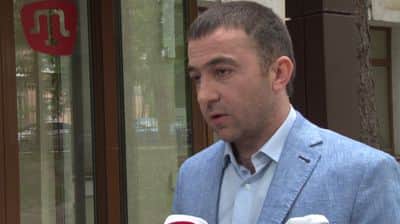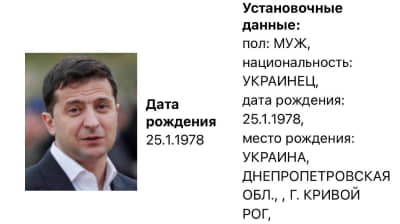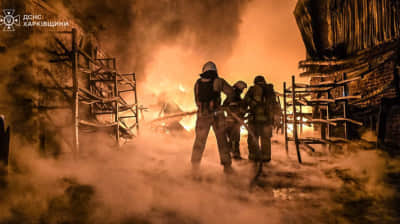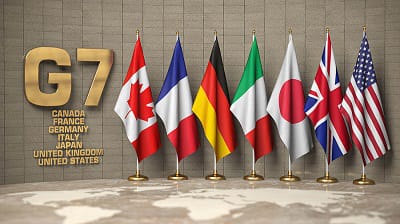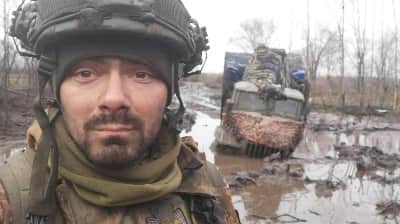Russian occupiers in Crimea want to stop the teaching of English in schools: "What do we need English for?"
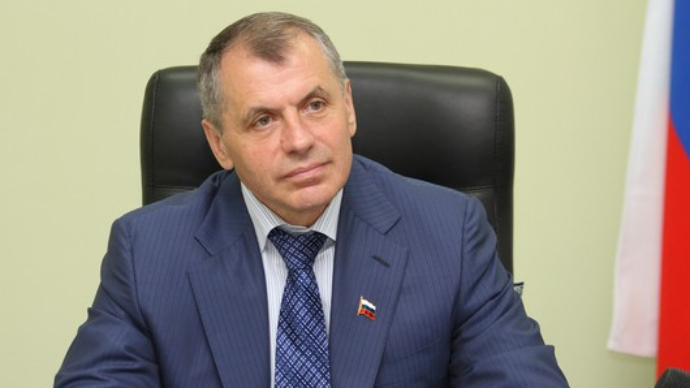
DENYS KARLOVSKYI — WEDNESDAY, 25 MAY, 2022, 18:43
The Russian occupation administration on the Crimean Peninsula wants to stop the teaching of English in general education schools, because, they say, there is no need for it.
Source: Russian state-owned news agency "TASS" with a comment by the so-called "Speaker of the State Council of Crimea" Vladimir Konstantinov
Quote from Konstantinov: "Languages are a controversial question for me, very ambiguous: why should we blindly follow the path of the English language? Why teach something that is not needed if a person never goes to London?
Stupidly following another civilization is dangerous. We make (the children – UP) hostages – they will say that they know English, and wonder what England is like. Let's study our own languages, develop our own languages!
The English have been at war with us for thousands of years, and we continue to study them, spending money on teachers, wasting time – and then there is not enough time for history."
Details: Konstantinov did not specify whether he meant the study of the Crimean Tatar language by Crimean residents in educational institutions, as it is the language of the indigenous people of the peninsula.
In his comment, the head of the occupation administration also overlooked the fact that the Russians are forcing people in the occupied territories of Ukraine to "stupidly follow" Russian civilization.
Konstantinov did not study English at school himself, but claims that he learned it for two years in specialised courses, when, say, there was a need for it in order to do business. According to him, such courses present everyone with a sufficient opportunity to learn a foreign language, and it seems that it is not worth learning "foreign" languages in schools.
For reference English is the language of international communication. It is used in diplomacy, business, humanitarian and cultural organisations. The United Nations, the International Committee of the Red Cross, the European Union, the Council of Europe, the OSCE and a number of international organisations have identified English as the official language for daily communication and record-keeping.
In addition to the United Kingdom of Great Britain and Northern Ireland, English has been identified as the state or official language of 59 countries around the world, including the United States, Canada and Australia.
Background:
- In an evening address on 24 May, President Volodymyr Zelenskyy said that Russia will have to withdraw from Crimea.
- NATO leaders believe that the Ukrainian army will be able to launch an offensive in Russian-occupied territories in late summer or early autumn, including in Crimea.


